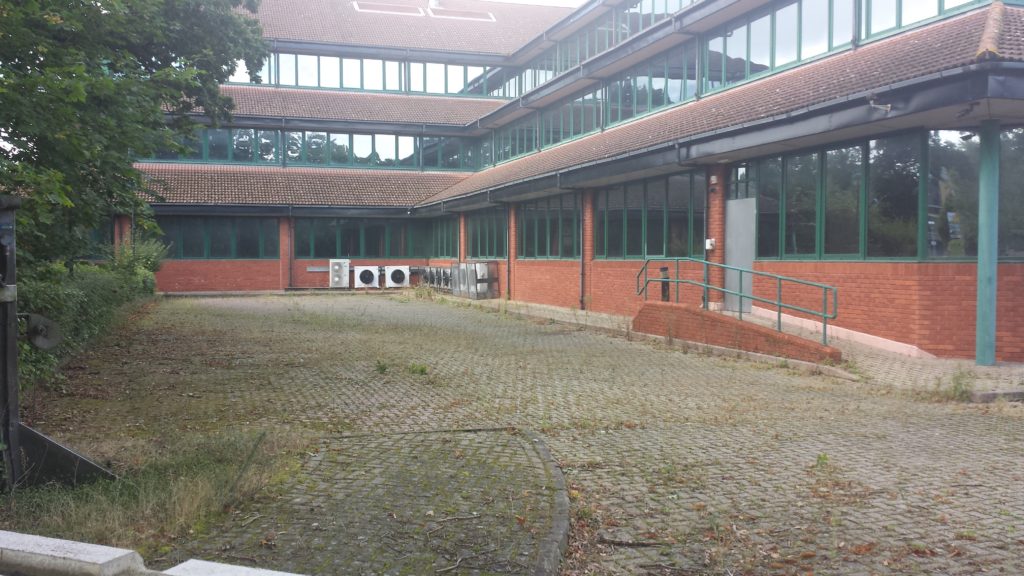This is the third part of our submission to the Regulation 19 Hart Local Plan consultation. This article explains how Hart’s policies are restricting brownfield redevelopment and why they must remove policy ED2, change their SANG policy and remove their Article 4 direction on Permitted Development Rights. The process for making a submission is as follows:
- Go to the Hart Local Plan Consultation page of the Council website
- From the Hart website, download and complete Response Form Part A (Personal Details). A copy can be downloaded here.
- Also download and complete the Response Form Part B (Your Representations), a separate Part B is required for each representation you wish to make. A copy can be downloaded here.
- Make sure you include words of this form in each representation. Policy [X] is not sound because it is not [positively prepared, justified, effective or consistent with national policy] (delete as appropriate).
- Once you have filled in Part A and Part B, please email them to planningpolicy@hart.gov.uk or post them to Planning Policy Team, Hart District Council, Harlington Way, Fleet, Hampshire, GU51 4AE.


How the Hart Local Plan restricts brownfield development
Policy ED2 relates to safeguarding employment land and Para 297 refers to SANG owned by the council.
Policy ED2 protects essentially every major employment site in the district from redevelopment.
The reason this is a bad policy is that the prior version of the Local Plan itself, as well as the Employment Land Review (ELR), acknowledges that there is an over-supply of low grade office space (para 125). The ELR states that investment in this stock is unviable (para 6.17):
Commercial agents note that the costs of refurbishing such stock to a good standard attractive to the market typically costs between £50-£60 per sq ft; and that the current over-supply of office accommodation limits investment in refurbishing such stock as low rent levels made such investment unviable.
Owners of these sites have three choices. First they can keep the wasting asset and collect no rent, which is not an attractive commercial proposition. Second, they can convert the offices into flats. By and large, they need no planning permission for this. However, these types of development carry no obligation for S106 or CIL payments to councils. Nor do they deliver a good ‘sense of place’. Finally, they could apply for planning permission to properly redevelop these sites into attractive homes, with a particular focus on affordable homes for the young. These types of development will be high-density, but with a good sense of place, and will attract some funding for infrastructure.
The consequences of this policy will be to discourage redevelopment of sites and either lead to more sites being simply converted or worse, sitting idle as eyesores.
We believe this is contrary to Government policy.
Remedy: Consequently policy ED2 should be removed.
Moreover, the Inspector should be aware that the council has implemented a new policy regarding SANG that effectively further obstructs brownfield development. This is already blocking schemes that would provide homes that ordinary people can afford (as distinct from Affordable Homes that ordinary people can’t afford). The schemes affected are a conversion on Ancells Farm and proposals to redevelop the old police station in Fleet town centre. It has been suggested that this SANG policy may be unlawful.
In addition, Hart has commenced work to implement an Article 4 direction to block permitted development on brownfield sites.
In effect they have set some nice sounding objectives about protecting our historic assets and building green infrastructure, but their policies act against their objectives and actively create a worse place to live by leaving decrepit buildings to rot and scar the landscape.
We think the Inspector should also take a view on these policies since they are closely related to the Local Plan, even though they are not contained within it.
Remedy: We believe that the SANG policy and the Article 4 direction should be removed
